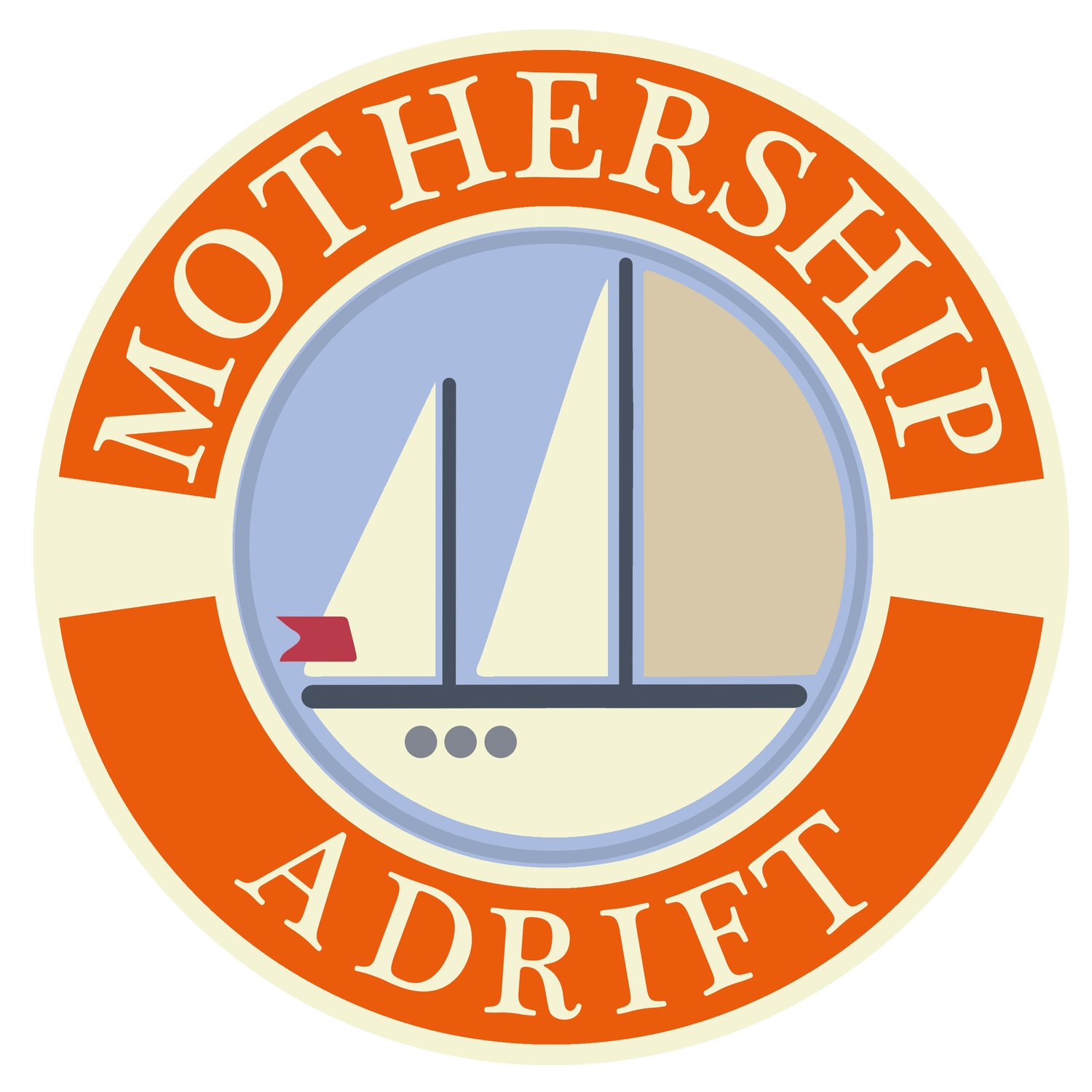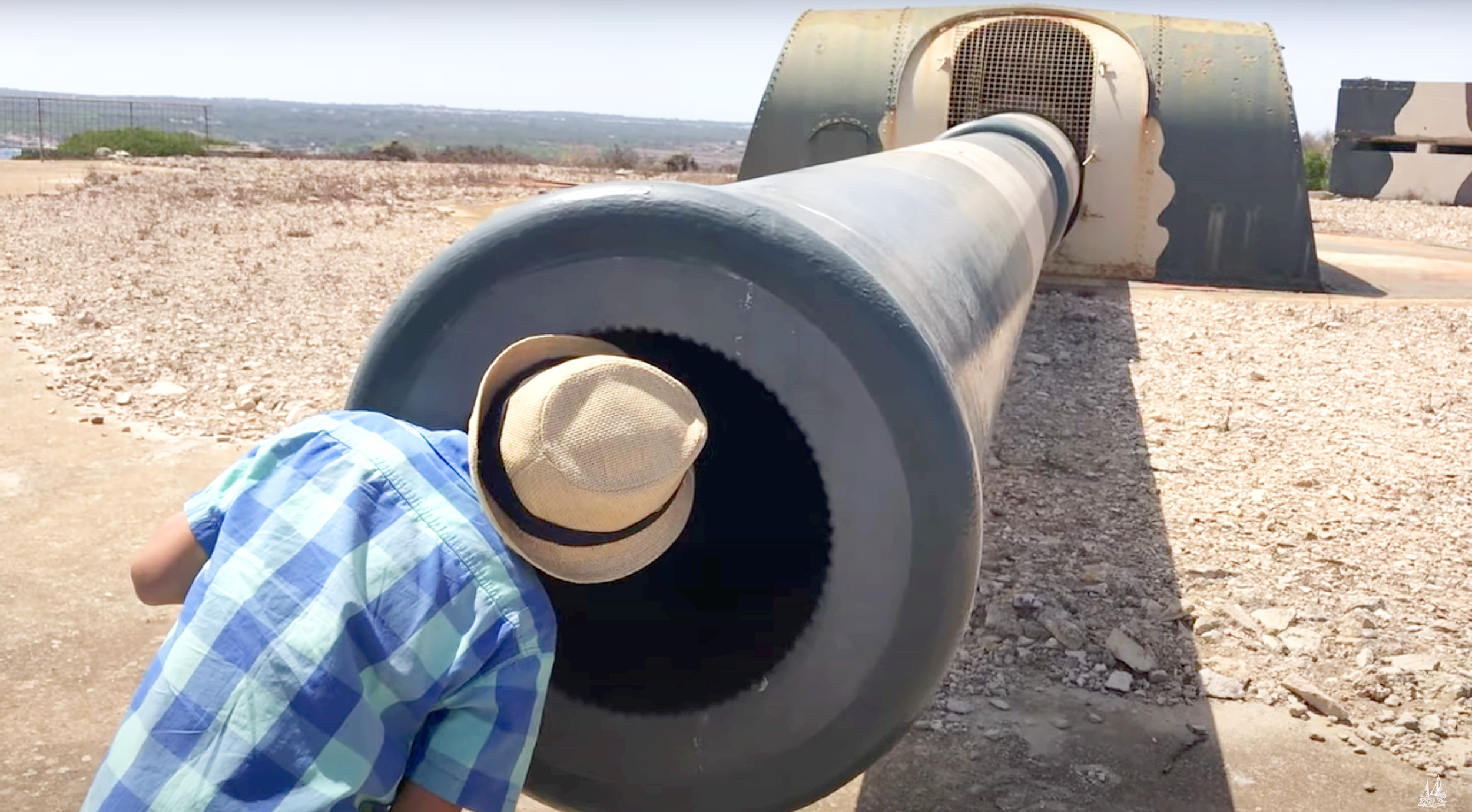ANZAC DAY in Australia and New Zealand
01:02:03i
Yewan Learning about WW2 at the 15” Vickers gun emplacements, Mahon in Menorca.
“The living owe it to those who no longer can speak to tell their story for them”
#10i This week, I want to take a time-out from my usual posts in respect of ANZAC Day here in Australia. ANZAC Day (25th April) commemorates the landing of the Australian and New Zealand Army Corps (ANZAC) troops at Gallipoli during WW1. It’s a day that holds significant importance in this part of the world, as it not only honours the bravery and sacrifice of those who took part in that awful campaign but also those who served and died in all conflicts.
The events of the day provide opportunities for people to reflect on the sacrifices made by past and present servicemen and women, as well as to express gratitude for their service. It’s also a time for personal reflection, with many people visiting war memorials, gravesites, or attending private ceremonies to honour loved ones who served with the armed forces.
You may have read my post from last month, ‘Gratitude - They Passed This Way,’ in which I reflected on the subject of gratitude after visiting the war memorial in Newstead Park here in Brisbane. So, I just want to expand a little on that theme, as I think humility and gratitude are neglected values these days.
There is a widespread feeling that the world has become a more dangerous place in recent times. But, as is often the case, facts tell a different story. ‘Long Peace’ is a term used by academics to define the time period from WW2 to the present day, a time period marked by a significant reduction in global war fatalities.
There have been other eras of long peace, of course, most notably during the Roman Empire, but it was also a time marked by disease, oppression, slavery, and servitude. Peace is the exception, not the rule, and despite what the media would have us believe, we are lucky to have been born into an era of unprecedented harmoniousness.
Previous generations weren’t so lucky.
You won’t have heard of Alfred Levy. He wanted to be a pilot in WWII but failed the eyesight tests and became a navigator instead. After the war, he might have gone on to be a bus driver, miner, or builder and start a family like his friends back home in the North of England, but he never got the opportunity to fulfil even those modest dreams.
His plane went missing on Christmas Day 1941 while flying sorties over the Mediterranean Sea. He was only 19, and his body and that of his fellow crew were never found.
My Dad, who is pushing 80, was Alfred’s nephew and having no grave to visit, he wanted to pay his respects when he joined us in Valetta on the island of Malta in 2018. It was a daunting task to find Alfred’s name hidden amongst hundreds of other young men on the Commonwealth Aircrew Memorial, but with the help of his grandkids' young sharp eyes, he eventually located it.
The plaque on the memorial reads simply:
“Over these and neighbouring lands and seas, the airmen whose names are recorded here fell in raids and sorties and have no known grave.”
Commonwealth Aircrew Memorial - Valletta, Malta. Finding uncle Alfred's name on the memorial was an emotional moment for us all.
King George V awarded the entire population of Malta the highest honour the Commonwealth could bestow on civilians for their sacrifice, fortitude, bravery, and resilience during the second world war. Despite relentless bombardment and countless deaths, they never surrendered the island to the Axis powers and to this day are rightly proud of their role in defeating fascist and Nazi aggression.
My Dad is a classic baby boomer. Born at the tail end of the second world war, he is a curmudgeonly old British northerner and not usually given to sentiment. But, as he recounted the long legacy of Alfred’s terrible loss on the family in the 1940s, it was an emotional moment for us all.
Sitting in the shade of the memorial, he went on to relate life in post-war England, the struggles to rebuild society and the economy after so much loss, the strict rationing that went on for many years after the war, and how he didn’t taste chocolate until he was 10 years old. It was only then the kids really understood what scarcity was really all about!
I can remember being a ten-year-old boy myself in the 1970s, paying weekly visits to the RAF Club (Royal Air Force) in my hometown to visit my Grandad. To me, the club was just a bland musty building filled with formica tables, cigarette smoke, and tattooed old men quietly drinking cheap beer and playing dominoes. But to them, the club was a sanctuary. Whenever I asked about the war, I was given a hair ruffle, a bottle of ‘pop’ and a packet of crisps. Nobody talked about the war.
My Grandad, George, was a Dunkirk veteran who suffered PTSD (shell shock or combat fatigue as it was known at the time) and spent the rest of his life as a gardener rather than working the farm he was raised on. His father had been a decorated war hero from WW1, so he was acutely ashamed of his PTSD to his dying day.
He was a quiet, unassuming man of few words who spent most of his time cultivating flowers and vegetables in his modest council house garden. One of my most treasured possessions is a model wooden Spitfire he made as part of his therapy while recovering in the hospital.
This generation of true heroes never talked about the role they played in the war. They never wanted praise, gratitude, or even recognition for what they did. The only occasion they put on their medals was for the annual memorial service, where they stood to attention at the local cenotaph as best they could to commemorate friends and comrades. Their biggest reward was a visit from scabby-kneed grandkids who visited the RAF club occasionally, oblivious to the hardships and sacrifices these men had endured.
Over the decades, their numbers in the club and in front of the cenotaph dwindled until today we no longer have any living connection with that awful era. It’s the reason I always wear a poppy on Armistice Day and will be honoured to commemorate ANZAC Day with Australia and New Zealand this Thursday. Not for the glory of Empire or to celebrate war, but out of respect for my Great-Uncle Alfred, my Granddad, all their comrades throughout the Commonwealth and allied forces for whom I feel we owe an un-payable debt.
ANZAC Day continues to hold a special place in the hearts of Australians and New Zealanders as a day to reflect on the sacrifices of past generations, honour the values of service and sacrifice, and come together as two nations in unity and remembrance.
And yes, we’ll also be making traditional ANZAC biscuits too!
“The living owe..”
This A4 PDF Poster is available from our Patreon site:
Next week we'll be back on the DEFCONs, looking at DEFCON 3 - How do I get my Partner Onboard?



